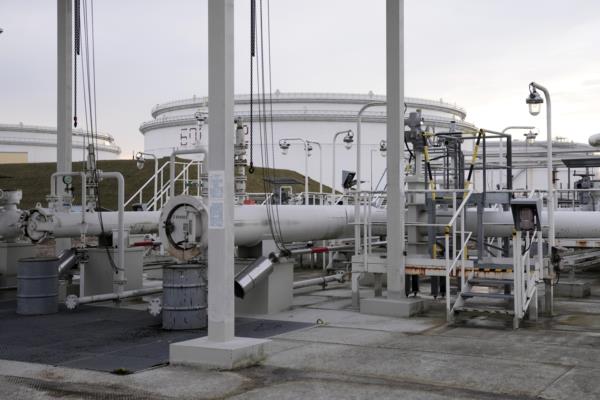
The Czech Republic has taken a significant step towards enhancing its energy security by successfully eliminating its reliance on oil deliveries from Russia. The government announced on Tuesday that the country has completed a project aimed at reducing its dependence on Russian oil.
Previously, the Czech Republic received approximately half of its oil supply, which amounted to 4 million metric tons, through the Druzhba pipeline from Russia. However, Prime Minister Petr Fiala declared that the country no longer requires Russian imports as it is now capable of sourcing all its oil needs from Western suppliers.
To achieve this goal, the Czech government invested over 1.5 billion Czech koruna (approximately $61 million) to expand the capacity of the Italian TAL pipeline to 8 million metric tons per year. This pipeline, which extends into Germany as IKL, now serves the Czech Republic, ensuring that the country's oil requirements are fully met.





Furthermore, Finance Minister Zbynek Stanjura confirmed that the Orlen Unipetrol refiner has decided to cease importing Russian oil, with the change set to take effect in the second half of the year. This move aligns with the broader trend in the European Union, as the Czech Republic, Slovakia, and Hungary are the only remaining EU member states still receiving oil from Russia. The other 24 EU countries have ceased purchasing Russian oil in response to the EU sanctions imposed following Russia's invasion of Ukraine in 2022.
It is worth noting that the Czech Republic had already halted the import of Russian gas earlier this year, further reducing its energy ties with Russia. By diversifying its energy sources and reducing its reliance on Russian oil, the Czech Republic has taken a significant step towards bolstering its energy security and ensuring a stable supply of oil for its citizens and industries.







